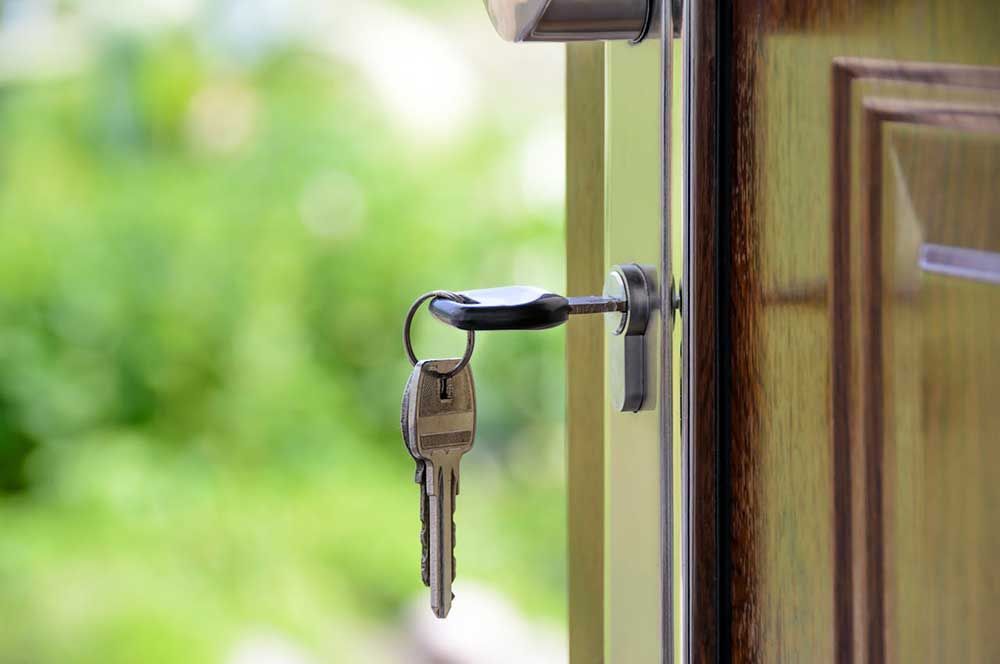Important notice
Our phone lines are very busy. Do you need general advice about evictions, housing, or homelessness? Please start with our free online service.
Are you homeless or at risk of becoming homeless? We could help you as part of our statutory responsibilities.
Please note: There is a severe lack of affordable homes for rent in the borough. If you are eligible for emergency or rented housing, you will only get one offer of accommodation from us. Also, the housing we offer you is likely to be outside of Enfield, in an area where rents are more affordable.
Worried about homelessness?
Get advice and support from our online self-help tool. It has a range of information and links to resources matched to your needs.
